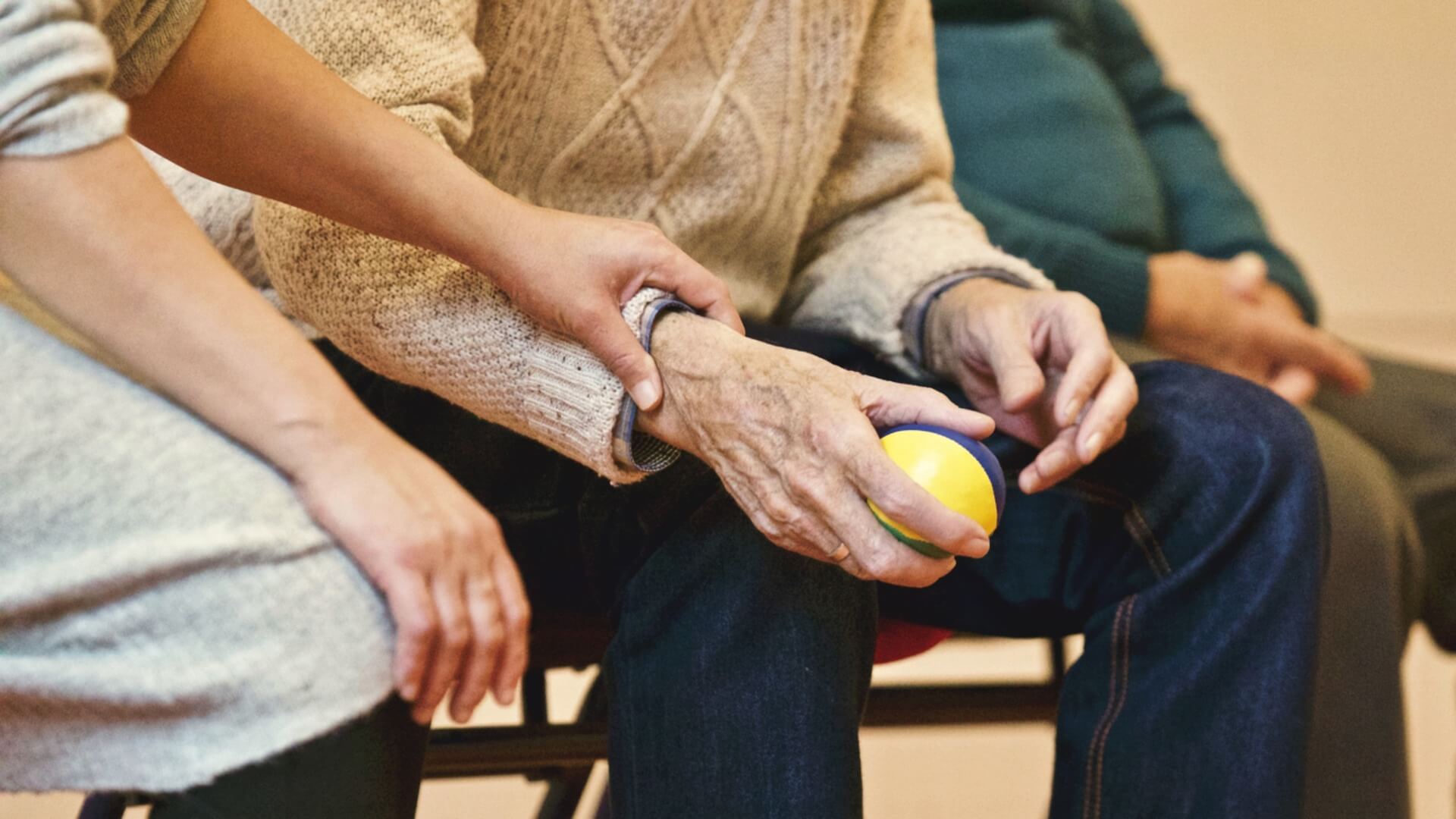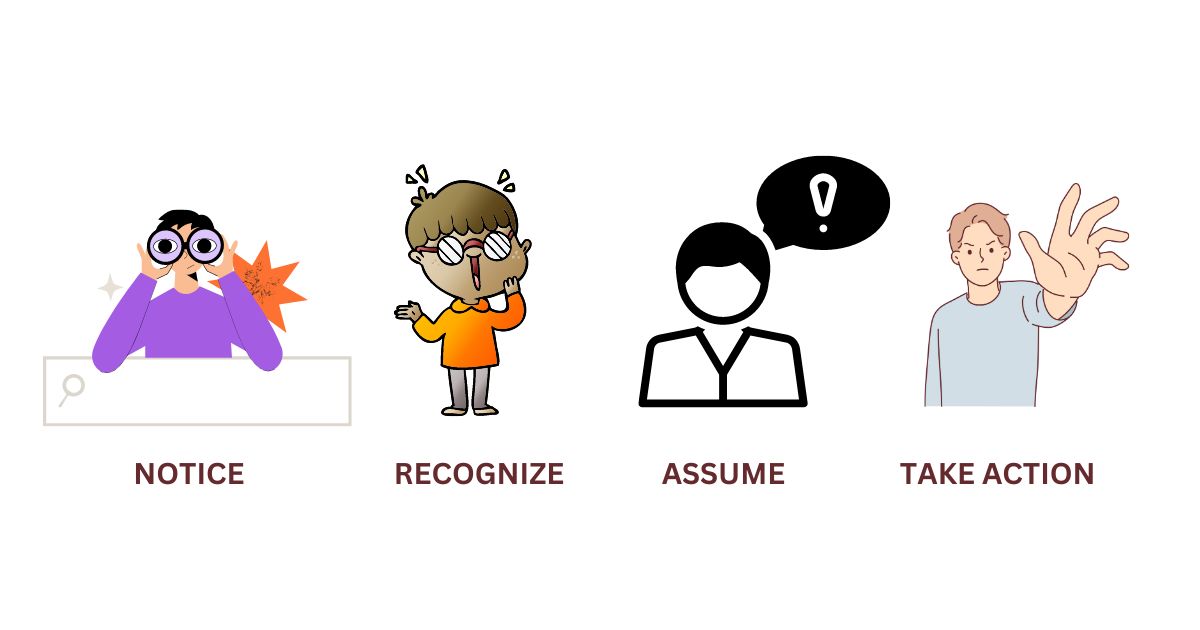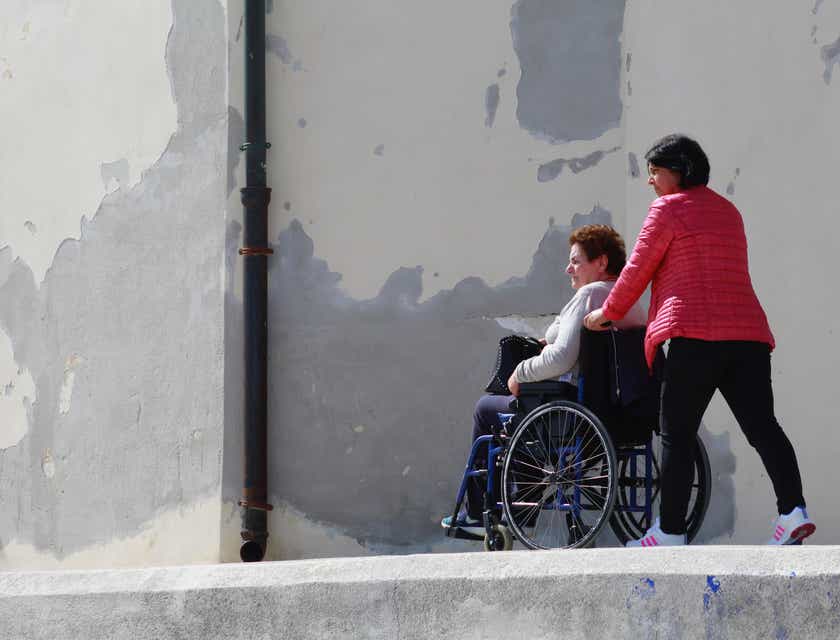Understanding how a senior’s senses change as they age can help caregivers to relate better to when they may need to step in with a helping hand.
Guest Blog post by Charlotte Bishop of Creative Case Management.
The trees are budding and blooming, the bulbs have forced their way to the surface in beautiful blossoms and the birds are twittering and nesting. Time to put away your winter coats, wool scarves and mittens, right? Well, partly right. Your winter mittens have another useful purpose that can help you make home an easier place for your older loved ones.
As our bodies age, certain of our nerve pathways begin to fail, and the human anatomy uncannily reroutes many of the circuits as they stop firing. But with age, more and more of those pathways may slow or fail for a variety of reasons, and it just makes it harder for older adults to do the simple manual tasks they used to do without even a thought. Turning a door knob, turning on a lamp or taking the lid off a jar become challenging, maybe even impossible. It is hard for those of you who may be in the prime of your lives to really get this, no matter how empathetic, so I recommend an easy exercise to help you experience what this erosion of manual dexterity and fine motor skills feels like. In doing so, you can also help identify challenging hardware or activities that can be more easily managed with a bit of creative help.
Caregivers for seniors can take a pair of mittens, walk through each of the rooms in your elder loved one’s home and go through the normal activities of the person who lives in those rooms. As you enter a room, it is may be more challenging to flip a light switch or twist the switch on a lamp with your hands in mittens. These can be remedied by retrofitting wall switches with the larger rectangular switches that one merely presses on and off. Likewise, the lamp twist switches that are challenging with mittens can be replaced with wider winged grips. And even before you enter a room, the door knob may be your undoing if the knob is too small or too slippery. Handles may be an appropriate replacement.
You would find that mittens are effective barriers to everything from opening the ketchup bottle to a twisting the lid on a jar of apple sauce or beverage bottle and more. Some of the web sites and stores with helpful assistive devices can be found in the blog Safer Senior Living-The Kitchen. And if a key itself is hard for an older loved one to grip when opening a door, hardware stores have over-sized sheaths to make gripping easier.
With your mittens still on, try tying your shoe laces or buttoning a shirt or blouse. It may be time to get creative with Velcro-equipped shoes or other substitute hardware for buttons. And go through the motions of other self-grooming activities to determine what challenges are manageable and which are just out of reach. The number of what are called “assistive devices” will amaze you as you look to television remote controls, computer access and more. Check out the Department of Health and Human Services Assistive Technology site.
Charlotte Bishop is a Geriatric Care Manager and founder of Creative Case Management.







